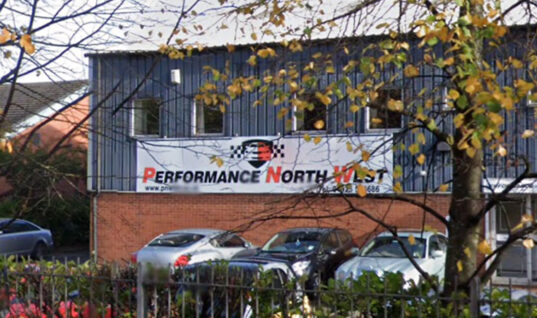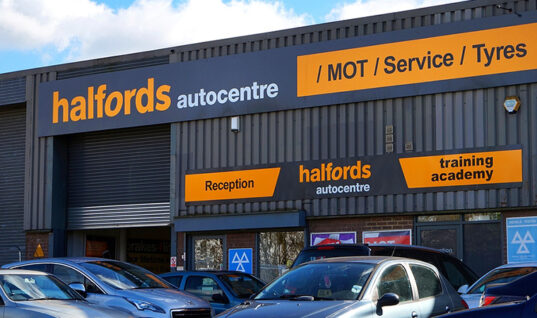Road safety experts are this week warning that vehicle manufacturer hype about automated driving is leading to dangerous confusion among drivers.
Thatcham Research has released evidence suggesting drivers are being given “dangerous” false impressions of what the latest automated driver assist systems are capable of.
The British safety and crash testing body has also teamed up with Euro NCAP to test ten cars fitted with common systems made standard on many cars today, including autonomous emergency braking and lane keep assist.
Both organisations identified confusion among motorists, with a study claiming 71 per cent of drivers globally and 53 per cent of drivers in the UK believe they can purchase a fully self-driving car today.
Misinformation
In reality, no car on the market today offers full automation or autonomy.
The study also found that one in five (18 per cent) British motorists think that a car marketed as being capable of automatic steering, braking and acceleration allows them to “sit back and relax and let the car do the driving”.
Thatcham say improper marketing by vehicle manufacturers, using terminology such as “semi-autonomous” or “self-driving”, is fuelling the misinformation.
Matthew Avery, director of research at Thatcham Research said: “Some carmakers are designing and marketing vehicles in such a way that drivers believe they can relinquish control.
Brand marketing
“Carmakers want to gain competitive edge by referring to ‘self-driving’ or ‘semi-autonomous’ capability in their marketing, but it is fuelling consumer confusion.
“This is exacerbated by some systems doing too much for the driver, who ends up disengaged.
“Our message is that today’s technology supports the driver.
“It is not automated driving and it is not to be relied upon at the expense of driver attentiveness.”
Since the study has been released, Nissan has confirmed that it will start calling these features “assist systems” and will stop using the words “autonomous” or “automated”.
Volvo has also said it will stop using the phrase “semi-autonomous” in its marketing.
Euro NCAP tests
Euro NCAP tests compared the performance of highway assist systems in the Audi A6, BMW 5 Series, DS 7 Crossback, Ford Focus, Hyundai NEXO, Mercedes-Benz C-Class, Nissan LEAF, Tesla Model S, Toyota Corolla and the Volvo V60.
The findings revealed that cars supposedly using the same features were inconsistent in their responses, with one not responding at all.
Michiel van Ratingen, Euro NCAP secretary general said: “Euro NCAP’s message from these tests is clear – cars, even those with advanced driver assistance systems, need a vigilant, attentive driver behind the wheel at all times.
“It is imperative that state-of-the-art passive and active safety systems remain available in the background as a vital safety backup.”
“Delicate balancing act for carmakers”
Euro NCAP has announced that it will be grading the technology by 2020 as part of its overall safety rating for new cars.
Avery adds: “It’s a delicate balancing act for carmakers.
“Offer too much assistance to the driver and they disengage, offer too little and the driver thinks ‘what’s the point?’ and switches the system off.
“The best systems are those that support the driver but leave them in no doubt that they remain in control.”
Have you come across vehicles equipped with advanced driver assist systems in your workshop yet? Share your comments and experiences below.








Home Page › Forums › Automated driving "hype" is dangerously confusing drivers, study shows
Tagged: ADAS, Road safety